Why Study Music A Level?
The course is aimed at those who have a serious interest in music and well-developed practical skills. It involves written, theory and aural work, as well as composing and performing. The course includes the study of American Popular Song, and associated artists such as Ella Fitzgerald and Nat King Cole, but is mainly focused on ‘classical’ music, covering composers as diverse as Bach, Berlioz, Beethoven and Boulez.
A Level Music is highly demanding in the range of skills as well as the breadth of content and level of expertise it requires. 60% of the evaluation is coursework (composing and performing) with the remaining 40% being where aural perception, stylistic recognition, technical understanding and historical development are tested. This includes short, technical answers, longer analytical responses and full essay answers which give the opportunity for a fuller exploration of the repertoire you have studied.
An ability to read both treble and bass clef fluently is essential for the study of scores. Grade 5 theory is an ideal preparation for this course.
Why study Music at Worcester Sixth Form College?
We have a dedicated suite of practice rooms and recording suite as well as access to Sibelius for composition tasks. Our excellent range of instruments includes Steinway grand piano, harpsichord, fortepiano (a copy of the type played by Mozart, Haydn etc) giving students a real insight into how the development of instruments affected the development of the music written for them and vice versa.
We welcome guest performers and encourage students to take part in enrichment activities such as Jazz ensemble, vocal groups and chamber ensembles. Our students are involved in the annual College production (band/on stage) as well as our May ‘Springfest’ showcase concert. We also attend concerts such as the Chipping Campden Music Festival.
Students studying Music (or Music Technology) will be offered subsidised individual instrumental/vocal tuition by a team of expert visiting teachers as well as theory support.
Progression Opportunities
Music is a highly regarded academic subject which enables students to progress to further study at degree level both in Music itself but also in a wide range of other subjects. Recently, students have gone on to conservatoires such as the Royal Birmingham Conservatoire, Welsh College of Music and Drama (Cardiff), as well as universities such as Oxford University, Goldsmith’s College (London), Keele, Bradford, Oxford Brookes and more.

Luc Chevalier
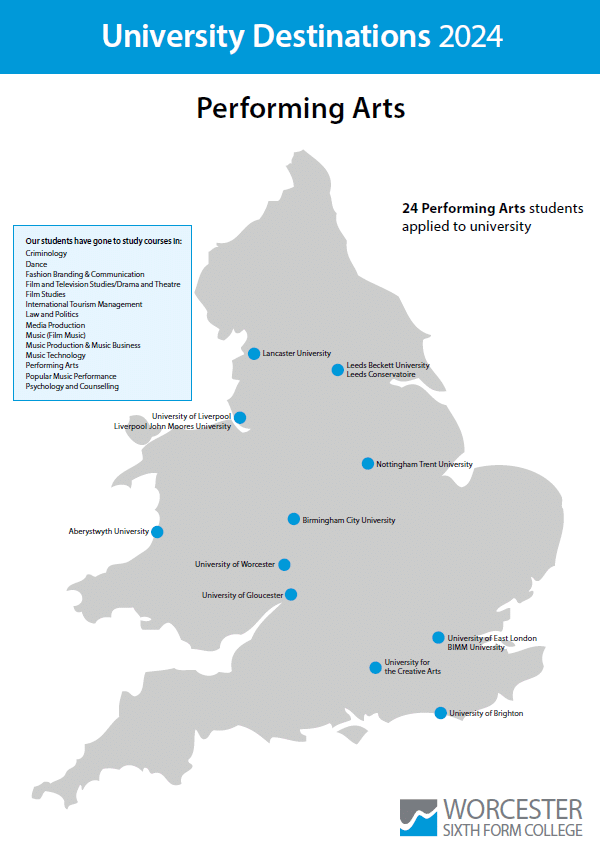
Course Specifics / Entry Requirements
| Qualification Name | Maths GCSE Req. | English GCSE Req. | Other Req. | Desirable Qualifications | Skills & Attributes Required for Success | Guidance on Costs or Commitments |
|---|---|---|---|---|---|---|
| Music | GCSE Music at grade 4 or above or equivalent. Grade 4 or above on instrument or voice. | Grade 5 theory | Essential to read treble and bass clef. Essential to recognise keys up to four sharps and four flats | Optional visits/workshops – approx. £30 Subsidised instrumental music lessons may be available. |
Related Courses / Activities
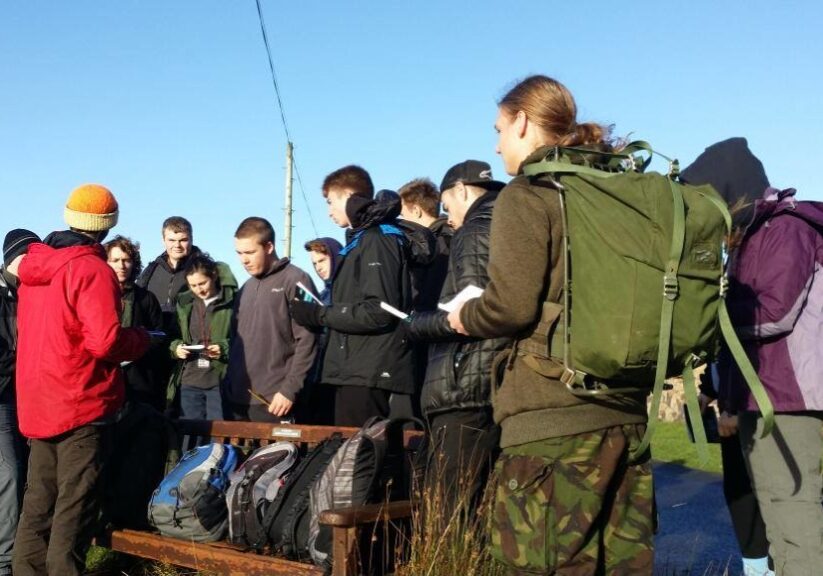
Duke of Edinburgh
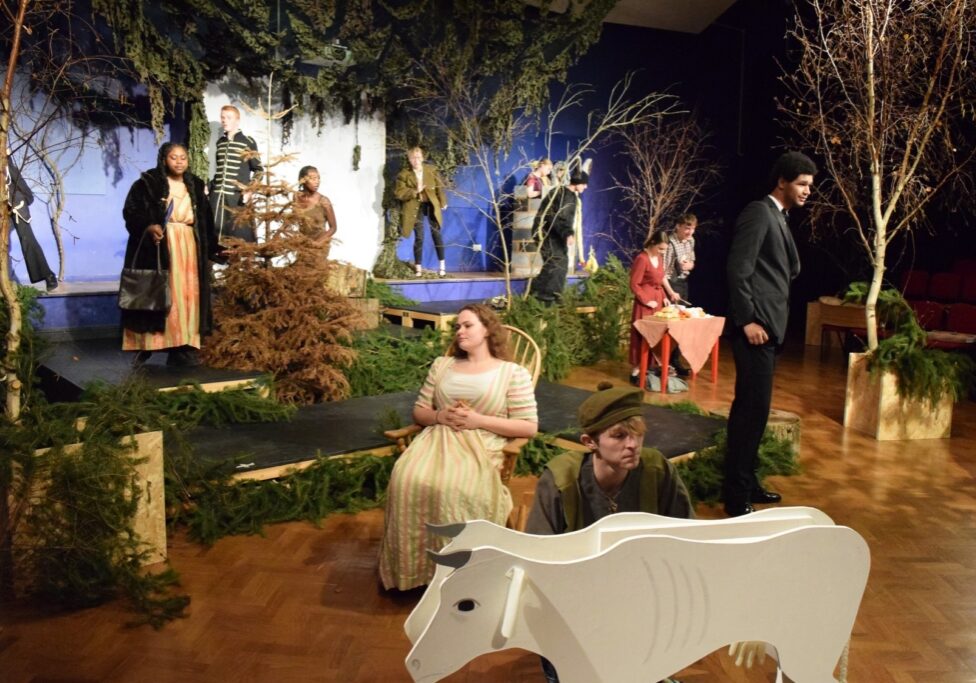
Performing Arts Academy
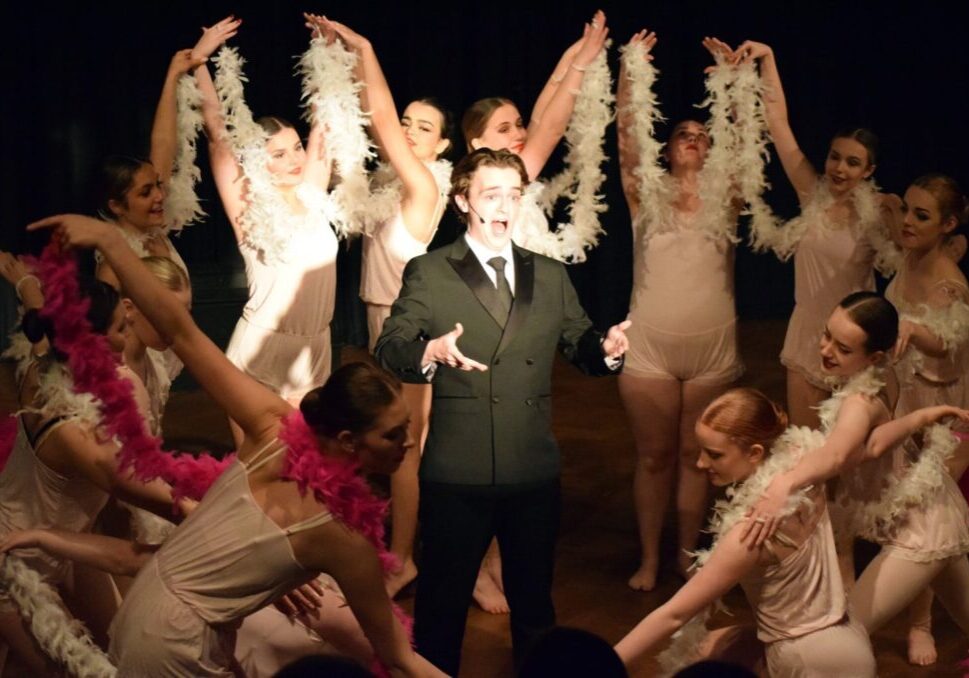
Performing Arts Level 3 Applied
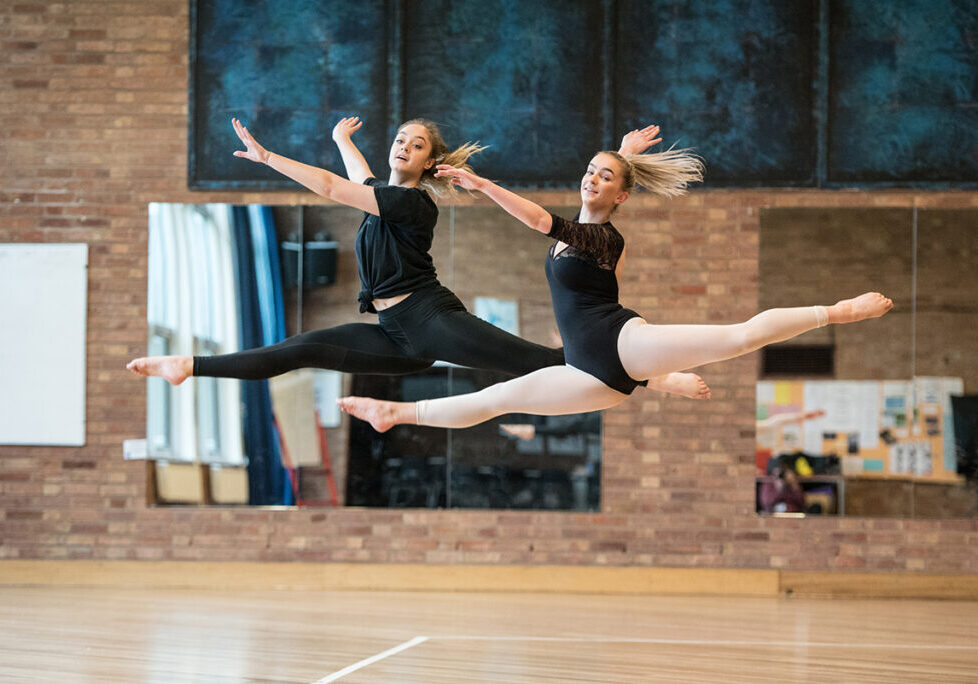
Dance A Level
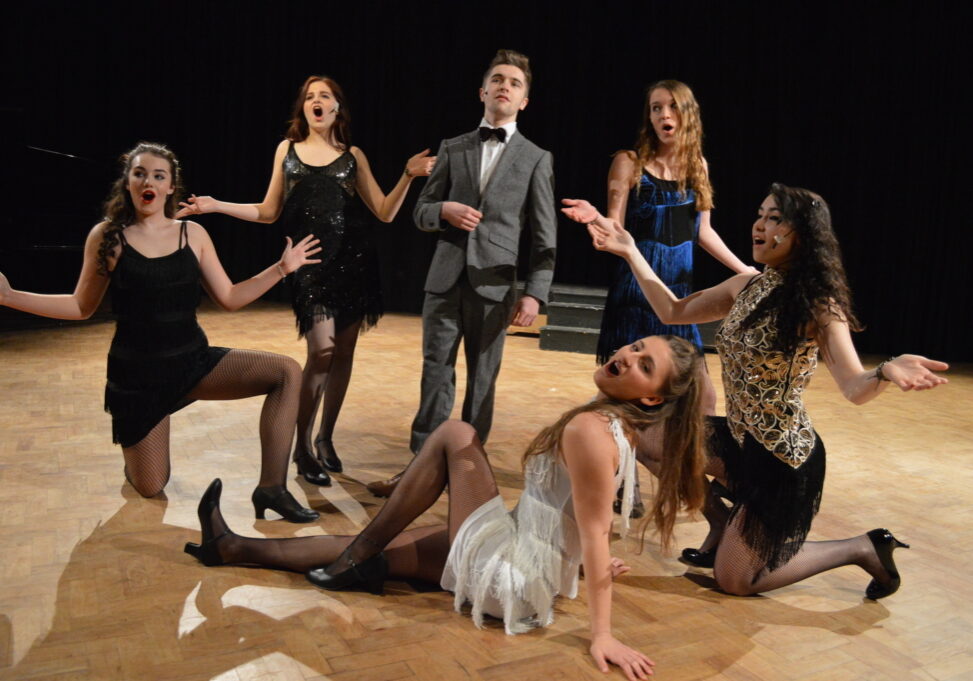
Drama and Theatre Studies A Level



